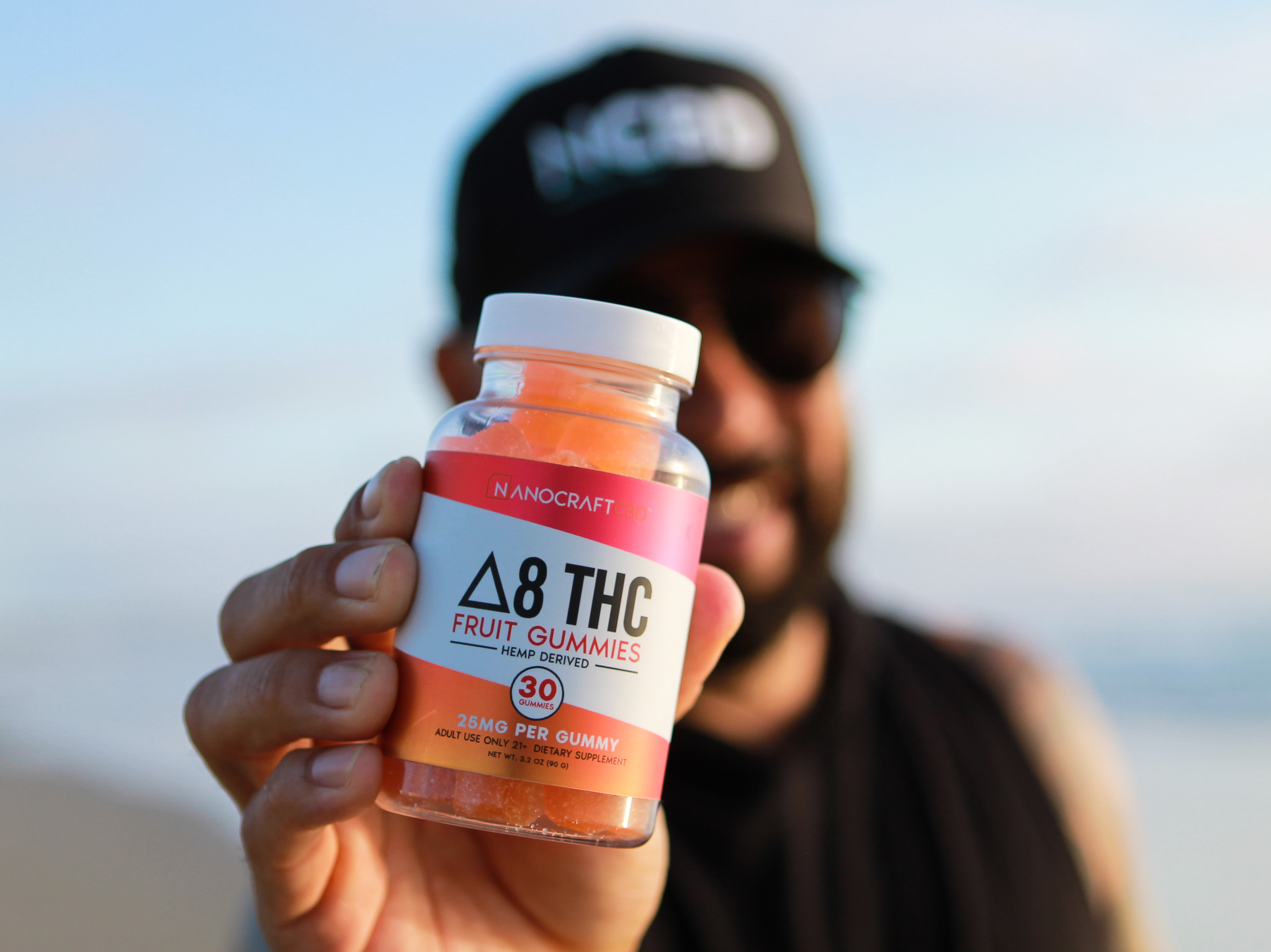The Role of Delta 8 Gummies in Alternative Healthcare
Alternative healthcare has gained popularity in recent years as people seek natural remedies and holistic approaches to wellness. One emerging trend within this sphere is the use of Delta 8 gummies, which have been touted for their potential benefits in pain management and overall well-being. In this article, we will explore the key factors that impact the role of Delta 8 gummies in alternative healthcare and discuss the tradeoffs and challenges associated with their use.
Delta 8 Gummies: A Natural Remedy
Delta 8 gummies are derived from the hemp plant and contain Delta 8 THC, a cannabinoid that is similar to Delta 9 THC but with milder effects. These gummies offer a convenient and tasty way to consume Delta 8 THC, making them an attractive option for those seeking natural remedies.
One of the primary reasons people turn to Delta 8 gummies is for pain management. Delta 8 THC has been shown to have analgesic properties, potentially providing relief from chronic pain. Additionally, these gummies may promote a sense of relaxation and reduce anxiety, making them a potential adjunct to stress management and overall well-being.
Alternative Healthcare: A Holistic Approach
Alternative healthcare focuses on treating the whole person, taking into account physical, mental, and emotional well-being. It emphasizes natural remedies and approaches that align with the body's natural healing processes. Delta 8 gummies fit well within this framework, as they are derived from a plant and offer a holistic approach to pain management and wellness.
Compared to traditional pharmaceuticals, Delta 8 gummies may be perceived as a more natural alternative, with potentially fewer side effects. However, it's important to note that research on Delta 8 THC is still limited, and more studies are needed to fully understand its effects and potential risks. As with any natural remedy, it's crucial to consult with a healthcare professional before incorporating Delta 8 gummies into your healthcare routine.
The Tradeoffs and Challenges
While Delta 8 gummies offer potential benefits, there are tradeoffs and challenges to consider. Firstly, the legal landscape surrounding Delta 8 THC can be complex, as regulations vary from state to state. It's important to be aware of the legality of Delta 8 products in your area before using them.
Another challenge is the lack of standardized dosing guidelines for Delta 8 gummies. Each individual may respond differently to the effects of Delta 8 THC, and finding the optimal dosage for pain management or wellness goals can be a process of trial and error.
Additionally, Delta 8 gummies should not be used as a substitute for professional medical advice, diagnosis, or treatment. They should be seen as a complementary approach within a comprehensive healthcare plan.
The Importance of Consideration
When making decisions about the role of Delta 8 gummies in alternative healthcare, it is crucial to consider various factors. These include your individual health needs, goals, and preferences, as well as consulting with a healthcare professional who can provide personalized guidance based on your unique circumstances.
Furthermore, staying informed about the latest research and developments in Delta 8 THC can help you make well-informed decisions about incorporating Delta 8 gummies into your healthcare routine. Keeping open communication with healthcare providers is essential to ensure a comprehensive and safe approach to alternative healthcare.
Conclusion
Delta 8 gummies have emerged as a potential natural remedy within the realm of alternative healthcare. As with any approach, it's essential to consider the tradeoffs and challenges involved while ensuring that decisions are made in consultation with healthcare professionals. By taking a holistic and informed approach, individuals can explore the role of Delta 8 gummies in their alternative healthcare journey while prioritizing their overall well-being and natural remedies.
